Exploration of a differential blood platelet subpopulation in the thrombocytopenic glioblastoma patient
Myron Best | Postdoctoral researcher Neuro-oncology | Resident neurosurgery (AIOS)

Mapping the functional anatomy of the tumor-brain interface to discover novel treatment avenues for IDH-mutant glioma
Dorien Maas | Assistant Professor | Anatomy and neurosciences
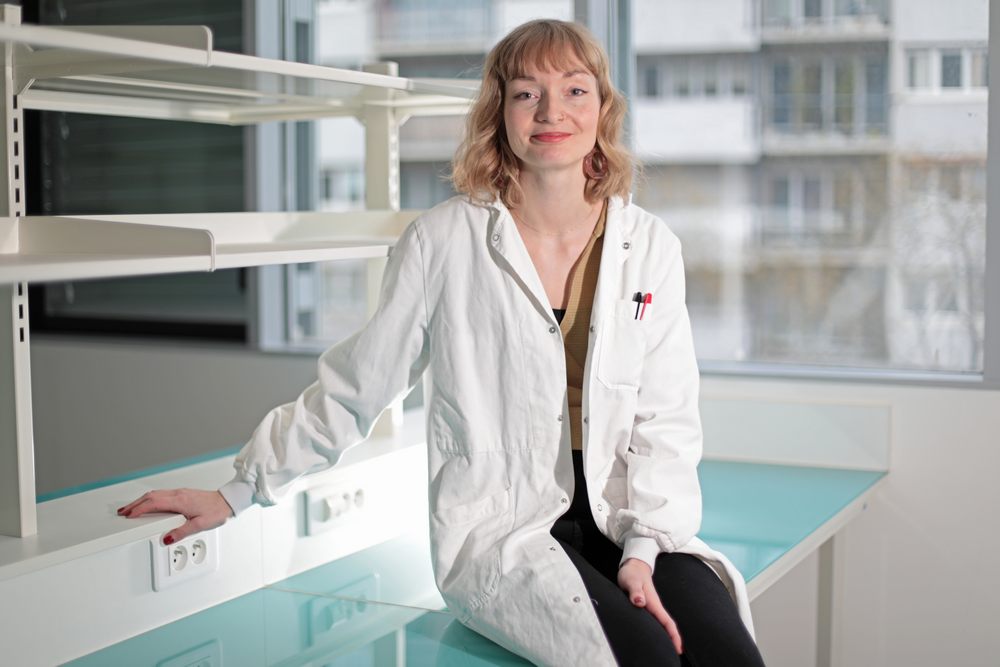
Mapping functional APC-T cell interactions in the tumor microenvironment – the power of the cluster method
interact with T cells in the tumor microenvironment, affecting cancer
progression and treatment responses. Using an innovative approach that combines
spectral- and imaging-flow cytometry with single-cell RNA sequencing, I can
analyse these interactions across entire tumor biopsies. By identifying
critical receptor-ligand interactions, such as the sialic acid-Siglec axis, my
work aims to uncover mechanisms of immune suppression and activation to,
ultimately, improve immunotherapy strategies for lung cancer patients.
Sofía Ibáñez Molero | Postdoctral researcher | Molecular Cell Biology & Immunology
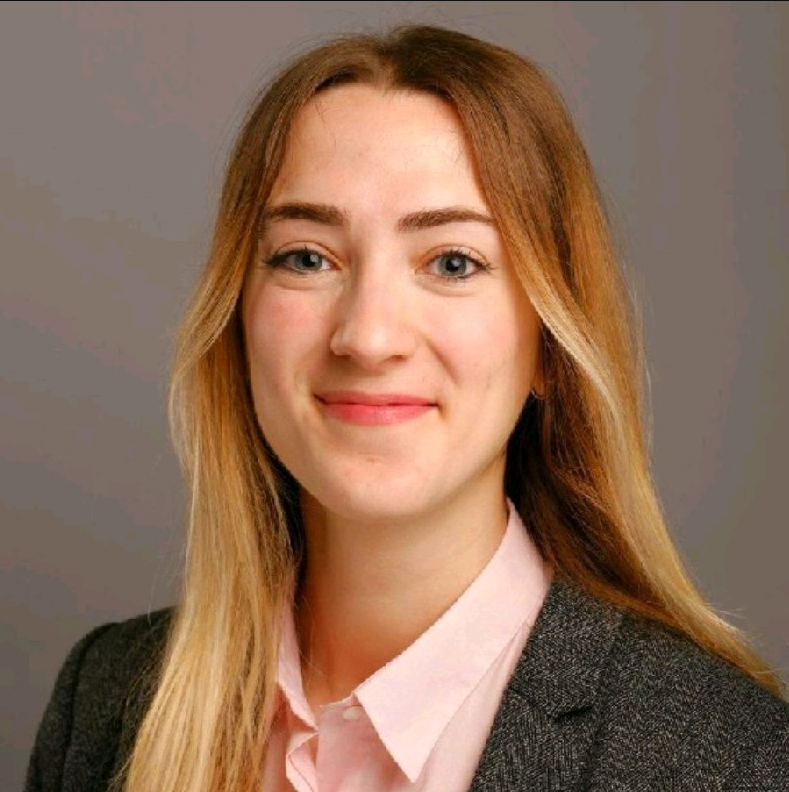
The impact of the gut microbiome and its metabolites on tumor-specific immunity against acute myeloid leukemia
Alexander de Porto | Resident internal medicine | Postdoctoral researcher | Clinical Hematology
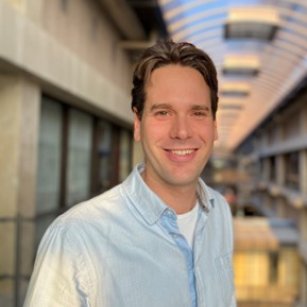
Comprehensive CRISPR/Cas9 tiling of a human chromosome
Oscar Bril | PhD student | Center of Experimental and Molecular Medicine
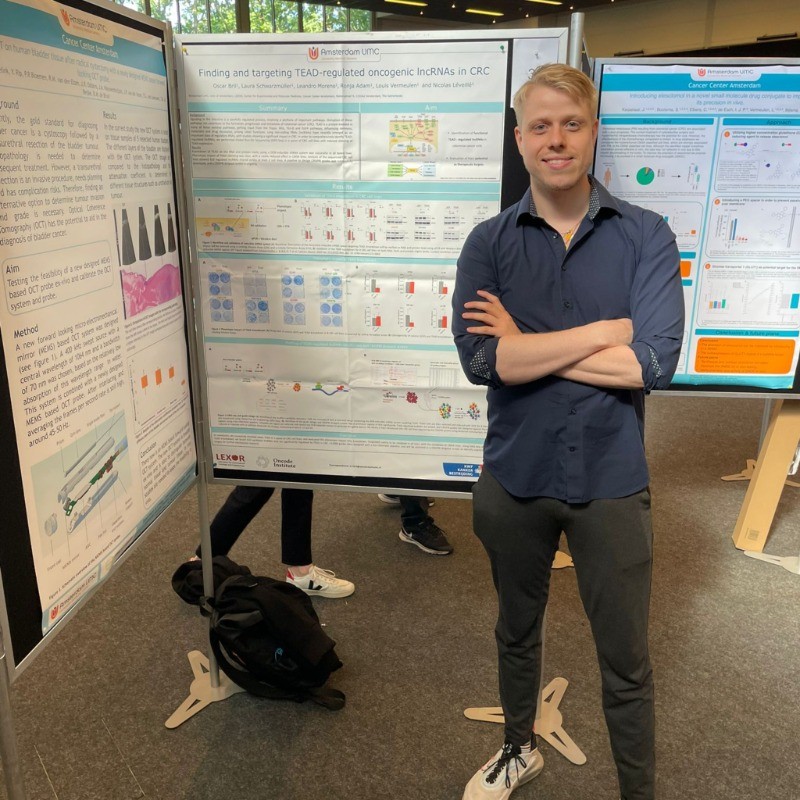
Non-invasive, accessible liver function assessment with quantitative MRI to guide hepatectomy in hepatic cancer
Nienke Wassenaar | PhD student | Radiology and Nuclear medicine
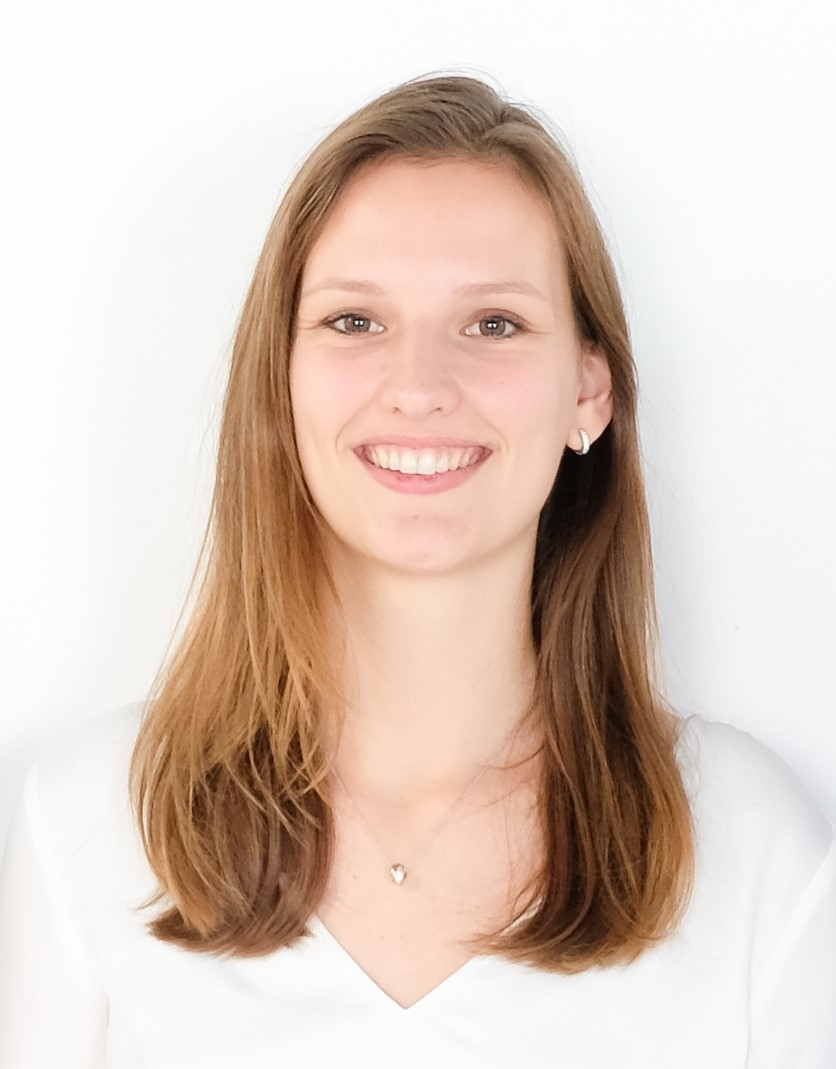
Contrast-enhanced ultrasound (CEUS) for early differentiation between malignant sarcomas and benign myomas in the uterus
Jenneke Kasius | Consultant gynaecologist | Obstetrics and gynaecology
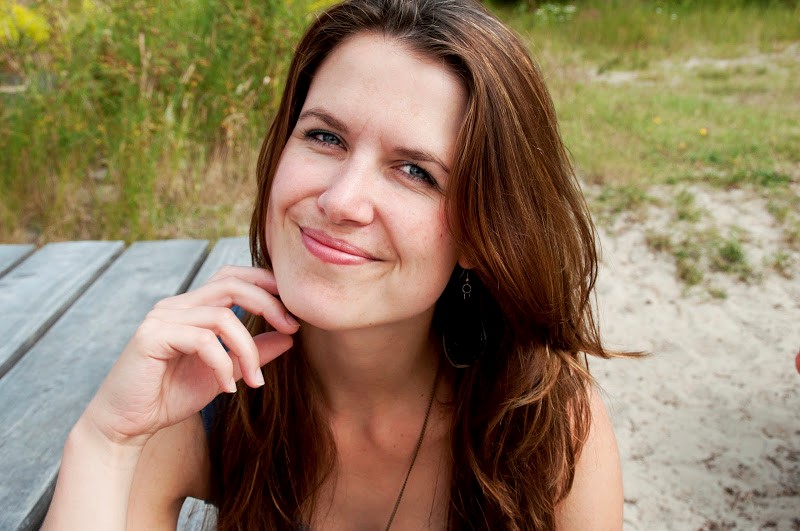
Proof-of-Concept projects
First in human PET-imaging of glutamine metabolism in Chronic Lymphocytic Leukemia
Recent studies by Eldering and Kater's group have revealed metabolic reprogramming in CLL lymph nodes, demonstrating that CLL cells within lymphoid tissues can switch to glutamine metabolism to support energy demands and proliferation. This finding suggests that glutamine-based imaging techniques may offer more accurate disease monitoring in CLL compared to conventional 18F-FDG PET. With a CCA grant awarded in Dec 2020, we synthesized 4-[18F]GLN and conducted successful in vitro labelling studies of primary CLL cells. Additionally, we performed promising investigations in an in vivo murine CLL model. Based on these exciting preclinical results we propose a unique collaboration between laboratory, clinical and imaging groups of Amsterdam UMC to reach the following aims:
1. Develop 4-[18F]GLN to image in CLL patients
2. Measure therapy response and possible relapses
We will set execute a first in human study with 4-[18F]GLN to visualize and quantify 4-[18F]GLN uptake and assess CLL metabolism in relapsed CLL pts
Prof. dr. Josée Zijlstra | Professor of hematology | Department of hematology
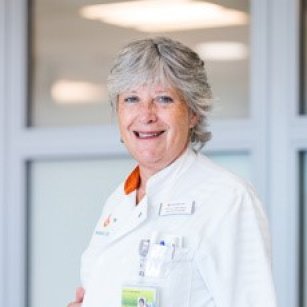
Ben Zwezerijnen | Medical Specialist | Radiology and nuclear medicine
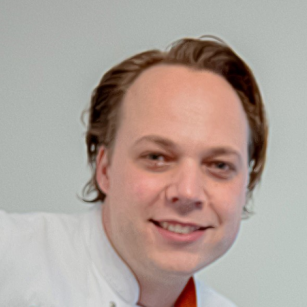
Prof. dr. Bert Windhorst | Professor Radiology and nuclear medicine
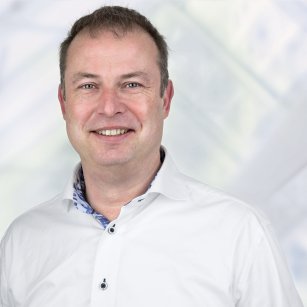
NON-IV study: Neo-adjuvant peritumOral immuNotherapy In Vulvar cancer
Vulvar cancer is relatively rare and may be caused by a persistent HPV infection. Primary treatment is surgery, but that can cause significant morbidity. To improve patient outcomes and reduce morbidity after treatment, there is a need for novel therapeutic strategies. In this phase 1 study we will administer a combination of Programmed-Death-1 receptor (PD-1) and cytotoxic T-lymphocyte-associated protein-4 (CTLA-4) checkpoint inhibitors locally (around the tumor), prior to surgical treatment, in early-stage vulvar cancer patients. The aim of the study is to assess the safety and toxicity of neo-adjuvant, local checkpoint inhibition in vulvar cancer, and to study the effects on the lymph node microenvironment, and on immune subsets in peripheral blood.
Jacqueline Tromp (medical oncologist), Tanja de Gruijl (head of the Immunotherapy Lab of the department of Medical Oncology), Stijn Mom (gynaecological oncologist) and Marije Strikwerda (PhD candidate).
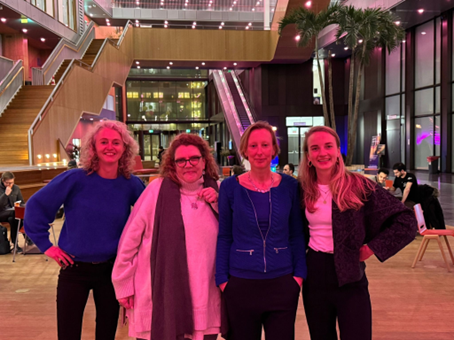
Safety and tolerability of treating locally advanced Resectable Oral Cancer with neoadjuvant INtratumoral anti-CTLA4 ImmunoTherapy combined with systemic anti-PD-1 (ROCinIT)
Cancer Center Amsterdam approved the ROCinIT proof of concept trial. In the ROCinIT trial we will assess the safety and tolerability of treating Resectable Oral Cancer with neoadjuvant INtratumoral anti-CTLA4 combined with systemic anti-PD-1 ImmunoTherapy. This trial is the successor of the NeoNivo trial (Wondergem, Miedema et al. JITC 2024) performed within the PRG-HNO previously. In the NeoNivo phase I/II trial, neoadjuvant systemic anti-PD-1 nivolumab was administered in this patient population, and we observed major regression of the primary tumor in 19% (3/16) of the patients treated. We hypothesize that local immune suppression may have hampered a response in the non-responding patients, which is supported by other trials in which systemic anti-CTLA4 was combined with anti-PD1 but at the expense of increased toxicity. Therefore, we anticipate that adding local checkpoint inhibition with anti-CTLA4, which can target suppressive T cells in the tumor microenvironment, will increase the response rate without inducing high toxicity. With this trial we aim to further spike the revolution that immune checkpoint blockade has brought in the management of head and neck squamous cell carcinoma.
Dr. Rieneke van de Ven | Group leader Head and Neck tumor immunology
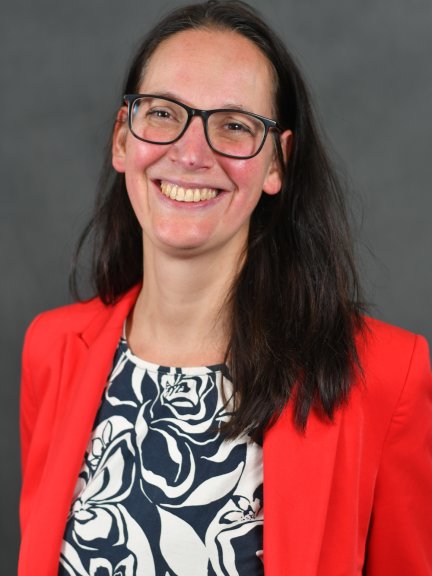
Prof. dr. René Leemans | Chair Department of Otolaryngology Head and Neck Surgery


